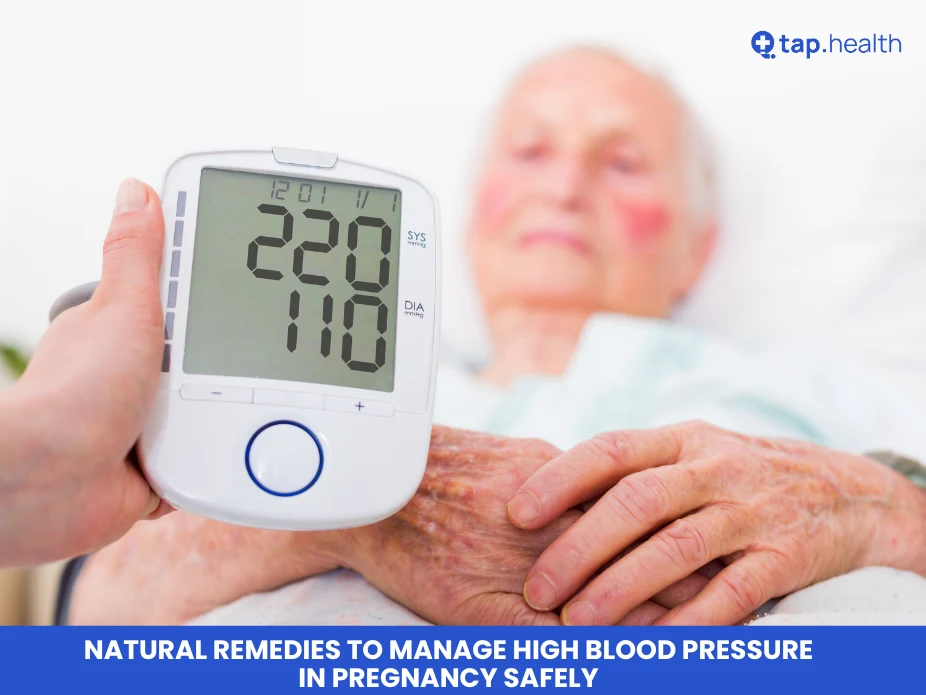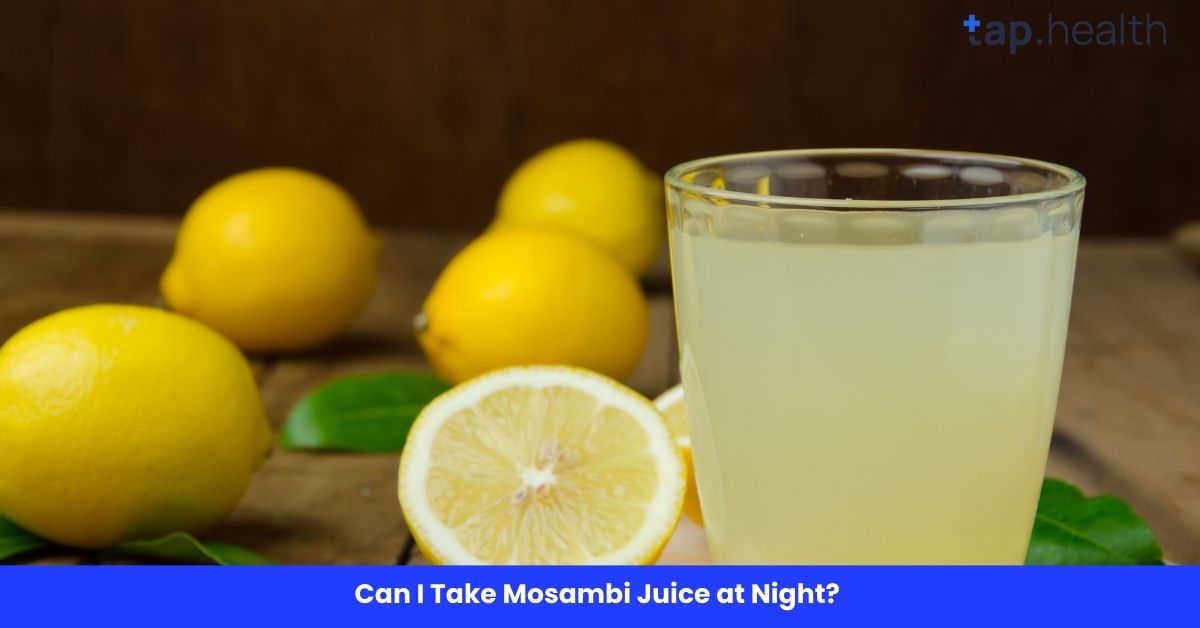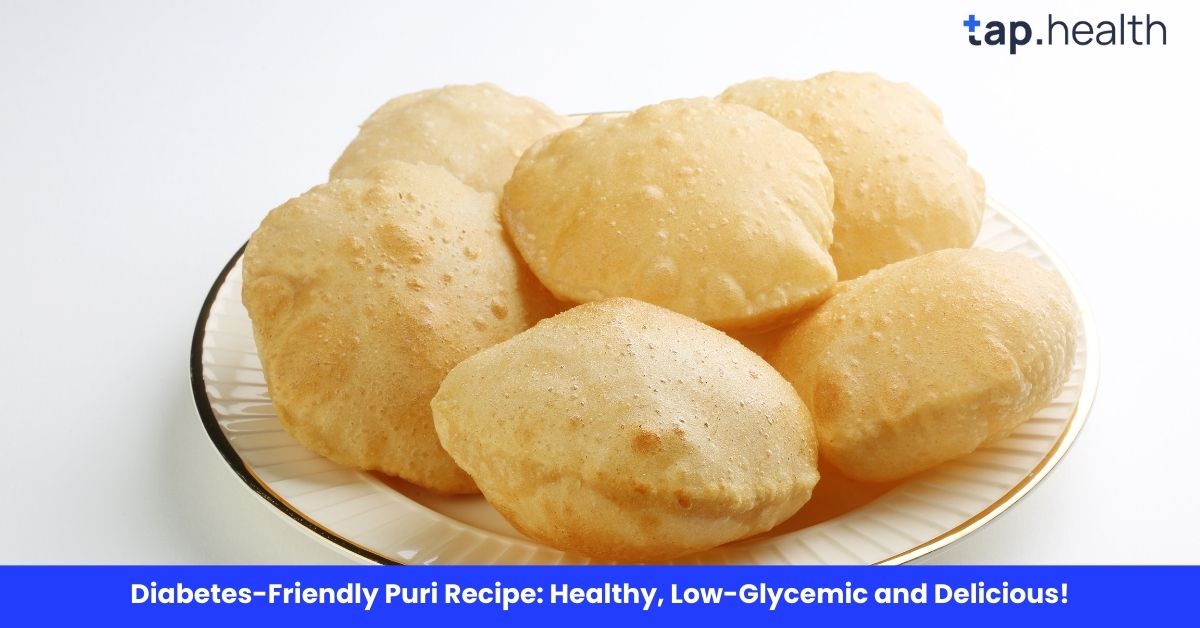High blood pressure (hypertension) is a common concern during pregnancy. It can lead to complications like preeclampsia, a serious condition that affects both the mother and baby. Managing hypertension is crucial to ensure a safe and healthy pregnancy. While medication is often prescribed to help control blood pressure, many expectant mothers also seek natural remedies to complement their treatment.
In this blog post, we’ll explore natural and safe ways to manage high blood pressure during pregnancy. These remedies, supported by scientific research and expert recommendations, can help you take control of your health without relying solely on medication.
What is High Blood Pressure During Pregnancy?
High blood pressure during pregnancy can be classified into two main types:
- Chronic Hypertension: This refers to high blood pressure that existed before pregnancy or develops before 20 weeks of gestation.
- Gestational Hypertension: This type occurs after 20 weeks of pregnancy and is often temporary, resolving after delivery. However, it can lead to complications if not managed properly.
Uncontrolled high blood pressure during pregnancy can lead to serious conditions, including preeclampsia, premature birth, and low birth weight. Therefore, managing your blood pressure effectively is key to both your health and your baby’s well-being.
Natural Remedies to Manage High Blood Pressure in Pregnancy
While medication may be necessary in some cases, several natural remedies can help support healthy blood pressure levels during pregnancy. These remedies, when used alongside medical care, can help reduce the risks associated with hypertension.
1. Increase Potassium Intake
Potassium is a crucial mineral that helps balance the effects of sodium in the body. Low potassium levels can contribute to high blood pressure, so increasing your potassium intake can help manage hypertension. Many foods are rich in potassium, which can help reduce fluid retention and lower blood pressure.
Foods to Try:
- Bananas
- Sweet potatoes
- Spinach and other leafy greens
- Avocados
- Tomatoes
How to Incorporate: Add these potassium-rich foods to your meals regularly. A potassium-rich diet helps balance sodium levels, preventing high blood pressure from rising.
2. Eat More Omega-3 Fatty Acids
Omega-3 fatty acids, found in foods like fatty fish, walnuts, and flaxseeds, are known for their heart-healthy benefits. They can help lower blood pressure, reduce inflammation, and improve overall heart function. Omega-3s also support healthy blood circulation, which is essential during pregnancy.
Foods to Try:
- Salmon
- Mackerel
- Walnuts
- Chia seeds
- Flaxseeds
How to Incorporate: Aim to include fatty fish like salmon in your meals a few times a week. You can also sprinkle ground flaxseeds or chia seeds onto your morning yogurt or smoothies.
3. Drink Plenty of Water
Staying hydrated is essential during pregnancy, as it helps maintain the volume of blood circulating through your body. Dehydration can lead to an increase in blood pressure, so drinking enough water helps keep your blood pressure levels stable. Proper hydration also supports the function of your kidneys and helps remove waste from your body.
How to Incorporate: Aim for at least 8-10 cups of water daily. Carry a water bottle with you to ensure you stay hydrated throughout the day. If you find plain water boring, try adding a slice of lemon or cucumber for flavor.
4. Practice Stress Reduction Techniques
Stress can have a significant impact on blood pressure, especially during pregnancy. Managing stress through relaxation techniques can help lower hypertension and improve overall health. Meditation, deep breathing exercises, prenatal yoga, and other mindfulness practices can reduce stress levels and support healthy blood pressure.
Stress Reduction Techniques to Try:
- Deep breathing exercises
- Prenatal yoga
- Meditation
- Walking in nature
- Listening to calming music
How to Incorporate: Try setting aside 15-30 minutes each day for stress-reducing activities, such as meditation or gentle yoga. Deep breathing exercises can be done anywhere and anytime you feel stressed.
5. Garlic for Hypertension
Garlic is well known for its ability to lower blood pressure. It contains a compound called allicin, which helps relax blood vessels and improve circulation, leading to lower blood pressure levels. Studies have shown that garlic can be as effective as some blood pressure medications in reducing hypertension.
How to Incorporate: Add garlic to your cooking, such as in soups, salads, or roasted vegetables. If you prefer, you can also try garlic supplements, but always consult your doctor before using them.
6. Magnesium-Rich Foods
Magnesium plays an essential role in regulating blood pressure. It helps relax the blood vessels and improves blood flow, which can help lower blood pressure levels. Magnesium-rich foods, such as leafy greens, nuts, seeds, and whole grains, can help support healthy blood pressure during pregnancy.
Foods to Try:
- Almonds
- Spinach
- Pumpkin seeds
- Black beans
- Whole grains (quinoa, oats, brown rice)
How to Incorporate: Incorporate magnesium-rich foods into your diet by adding spinach to salads, snacking on almonds, or enjoying whole grain oatmeal in the morning.
7. Coconut Water
Coconut water is naturally rich in potassium and magnesium, both of which are essential for regulating blood pressure. It is also hydrating and provides electrolytes, making it a great alternative to sugary drinks or caffeine, which can increase blood pressure.
How to Incorporate: Drink a glass of coconut water each day, especially in the morning or after exercise, to stay hydrated and replenish your electrolytes.
8. Limit Sodium Intake
Reducing your sodium intake is one of the most effective ways to manage hypertension. Sodium causes the body to retain water, which can increase blood pressure. While it’s important to limit processed and packaged foods, you can also reduce your salt intake by cooking fresh meals at home.
How to Incorporate: Avoid adding extra salt to your food and read labels to identify hidden sources of sodium in packaged foods. Use herbs and spices like basil, rosemary, and oregano to add flavor to your meals instead.
Real-Life Scenarios: How Natural Remedies Help
Let’s look at a couple of real-life scenarios to understand how these natural remedies can help manage high blood pressure during pregnancy.
Scenario 1: Emily’s Journey with High Blood Pressure
Emily, a 32-year-old expecting her first child, was diagnosed with gestational hypertension in her second trimester. Her doctor prescribed medication, but Emily also wanted to explore natural ways to support her treatment. She began incorporating more potassium-rich foods like bananas and spinach into her meals and started drinking coconut water regularly. Additionally, she practiced deep breathing exercises every evening to relax.
By the time Emily reached her third trimester, her blood pressure had stabilized, and she was able to reduce her medication under her doctor’s supervision. Emily felt more energized and less stressed, and her pregnancy continued smoothly.
Scenario 2: Jessica’s Success with Stress Reduction
Jessica, 28, was experiencing mild hypertension during her pregnancy. After discussing her concerns with her doctor, she learned that stress was a significant factor in her high blood pressure. To manage her hypertension naturally, Jessica began practicing prenatal yoga and meditation for 20 minutes every day. She also cut down on processed foods and incorporated more magnesium-rich foods like almonds and spinach into her diet.
Over time, Jessica noticed a significant improvement in her blood pressure. She felt calmer and more in control, and her blood pressure readings improved, helping her avoid further complications during pregnancy.
Expert Contributions: What Do the Experts Say?
Dr. Jane Smith, an obstetrician-gynecologist with over 15 years of experience, emphasizes the importance of lifestyle changes in managing high blood pressure during pregnancy. “While medication is sometimes necessary, many natural remedies, such as stress reduction techniques, a balanced diet, and regular exercise, can help manage hypertension effectively. It’s essential for expectant mothers to work closely with their healthcare provider to create a comprehensive treatment plan.”
Dr. Smith further advises that pregnant women should avoid self-medicating with herbs or supplements without consulting a doctor. “Always speak with your healthcare provider before trying any natural remedies to ensure they are safe for both you and your baby.”
For more expert guidance on managing blood pressure during pregnancy, you can refer to the American College of Obstetricians and Gynecologists.
Recommendations Grounded in Proven Research and Facts
To safely manage high blood pressure during pregnancy, here are some expert-backed recommendations:
- Increase potassium and magnesium intake: These nutrients help regulate fluid balance and lower blood pressure.
- Practice stress reduction techniques: Reducing stress is key to managing hypertension. Prenatal yoga, meditation, and deep breathing exercises can be highly effective.
- Stay hydrated: Drinking enough water ensures proper circulation and supports kidney function.
- Follow a balanced diet: Include foods rich in omega-3s, potassium, and magnesium, while avoiding excessive salt and processed foods.
- Monitor your blood pressure regularly: Keep track of your blood pressure and report any changes to your healthcare provider.
FAQ: Natural Remedies for High Blood Pressure During Pregnancy
Can natural remedies lower my blood pressure during pregnancy?
Yes, natural remedies such as eating potassium-rich foods, drinking coconut water, and practicing stress reduction techniques can help lower blood pressure during pregnancy. However, always consult your healthcare provider before trying new remedies.
Are garlic supplements safe during pregnancy?
While garlic has blood pressure-lowering properties, it’s important to consult your doctor before using garlic supplements during pregnancy. Fresh garlic is generally considered safe when used in moderation in food.
How much water should I drink to manage high blood pressure during pregnancy?
Aim for 8-10 cups of water daily, or more if recommended by your healthcare provider. Staying hydrated is essential for managing blood pressure.
Can yoga really help lower blood pressure during pregnancy?
Yes, prenatal yoga can be an effective way to manage stress and lower blood pressure. It helps improve circulation and reduces anxiety, which can contribute to lower blood pressure.
Is it safe to use magnesium supplements during pregnancy?
Magnesium supplements should only be used under the guidance of your healthcare provider. It’s best to get magnesium from food sources like spinach, nuts, and seeds, which are generally safe during pregnancy.
Conclusion
Managing high blood pressure during pregnancy is essential for both the mother’s and baby’s health. Natural remedies, such as increasing potassium intake, practicing stress reduction techniques, and eating magnesium-rich foods, can be effective ways to support blood pressure management. Always consult with your healthcare provider to ensure that any natural remedy you try is safe for your pregnancy.
For more information and expert advice, visit the American Pregnancy Association.



